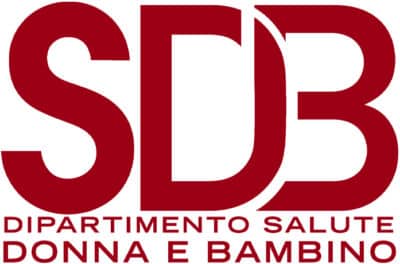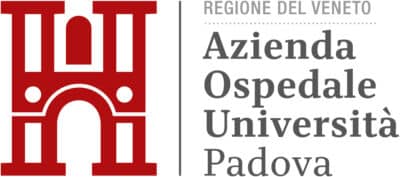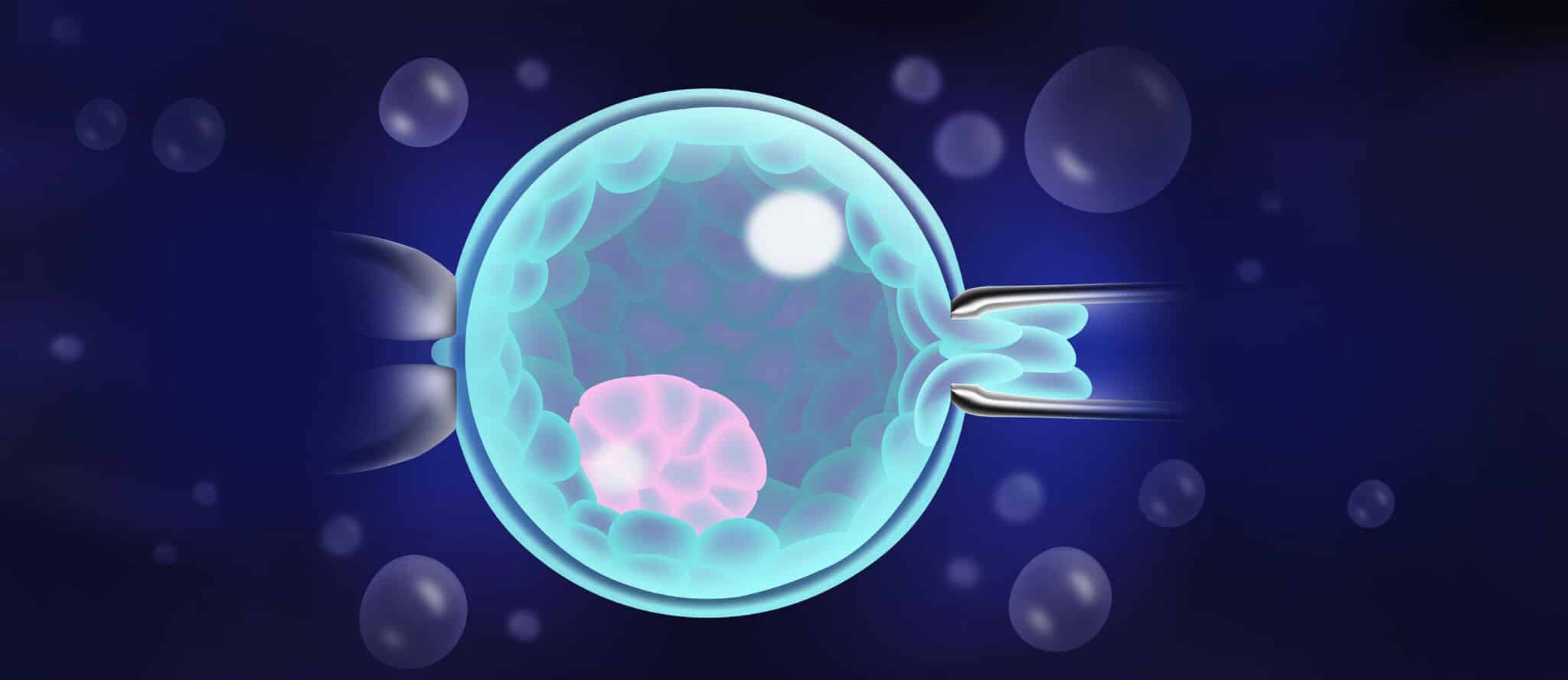

The rapid evolution of Pre-Implantation Genetic Testing (PGT) within advanced early prenatal genetic diagnosis techniques is a challenge for all operators working within this peculiar field, halfway between Genetics, Embryology and Reproductive Medicine.
In the current learning system, there is no specialization school in Embryology, and within the post-graduate formative path for gynaecologists and medical geneticists, this topic is almost completely unknown.
The Second-Level Master’s Degree in Pre-Implantation Genetic Testing: Genetics, Embryology and Medical Applications seeks to fill this educational void, by providing attendees with in-depth knowledge on the 3 main disciplines involved – (clinical and molecular) genetics, clinical embryology, and reproductive medicine.
The purpose of the Second-level short specialisation degree is training multidisciplinary professional figures with crosscutting competencies useful to work in a PMA Centre or PGT lab.
The course units of the Second-level short specialisation degree in Pre-Implantation Genetic Testing: Genetics, Embryology and Medical Applications entail the acquisition of cross-sectional competencies in Gynaecology, Embryology and Genetics. Part of the lessons are focused on the role of the psychologist, paramedic and the other specialists involved in the PMA-PGT process. Lastly, the legal and ethical aspects of PGT are analysed. Attending doctors can deepen topics such as the genetic and embryological management of a couple undergoing the PGT process, while attending biologists will learn the basic principles of the couple gynaecological management and deepen advanced molecular biology techniques, used to execute the PGT.
The professors – professionals expert in PMA and PGT – hold the lessons online, with ample space for medical case discussion and treatment.
The Second-level short specialisation degree in Pre-Implantation Genetic Testing: Genetics, Embryology and Medical Applications trains doctors and biologists, making them suitable to work in a PMA Centre with integrated PGT lab.
Attending doctors will explore the genetic and embryological management of the couple during a PGT, while attending biologists will learn the basic principles of gynaecological management of the couple, and will deepen advanced molecular biology techniques used in PGT.
The main topics covered by the Second-level short specialisation degree in Pre-Implantation Genetic Testing: Genetics, Embryology and Medical Applications are:
- PRE-IMPLANTATION GENETIC TESTING
- FEMALE INFERTILITY CLASSIFICATION
- MALE INFERTILITY CLASSIFICATION
- PMA TECHNIQUES
- EMBRYOLOGY
- PRECONCEPTIONAL TESTING
- GENETIC CONSULTANCY (CLINICAL)
- PMA LAB
- PGT WITH HLA TYPING IN ONCO-HAEMATOLOGICAL DISEASES
- PMA TREATMENTS
- PGT WORKSHOP (TECHNIQUES)
- EMBRYOLOGICAL WORKSHOP
- REGULATIONS AND LEGAL ASPECTS OF PMA AND PGT
- PMA TECHNIQUES (EMBRYOLOGICAL)
- PGT IN GENETIC PROPENSITY TO CANCER SYNDROMES
- PGT: PARAMEDICAL MANAGEMENT AND PECULIAR CASES (CASE REPORTS)
- PMA AND PGT CERTIFICATIONS
- PZ PREGNANCY MANAGEMENT WITH GENETIC DISEASE – 1
- PZ PREGNANCY MANAGEMENT WITH GENETIC DISEASE – 2
- BIOETHICS
- PGT IN MITOCHONDRIAL DISEASES
- PSYCHOLOGY AND NUTRITION IN PMA AND PGT
- NON-CONVENTIONAL PGT
- PGT IN LATE-ONSET DISEASE
- PGT IN ITALY AND EUROPE
- EMBRYOLOGICAL LAB ISSUES
- PMA ISSUES
- FRONTIER TECHNIQUES
(The detailed program will be published at the beginning of the course)
The Second-level short specialisation degree is supported by the 3 Italian scientific societies dealing with PMA and PGT, that is:
- SIERR – Società Italiana di Embriologia, Riproduzione e Ricerca
- SIFES – Società Italiana di Fertilità e Sterilità
- NIDO – Network Italiano Diagnosi Preimpianto
Attendees may participate to the annual pre-implantation testing convention held in Padua in the summer for free.
The Convention will be the occasion to review the latest scientific updates on PMA and PGT.
Attendees can send one of their abstracts that will be evaluated to be presented as best oral communication during the convention.
Within their project work, every attendee will have the chance to prepare a scientific paper on a topic assigned by their tutor, and to submit it for publication on a national/international magazine, or as abstract at the scientific convention.
The general ranking of merit for the academic year 2024/25 will be published on the Italian page of this Second-level short specialisation degree according to the timing provided in the Call.
Single course
Information
FAQ
Lessons will be held for three days a month online (8 hours/day), for 10 months. The traineeship will be completed in-person, in an affiliated PMA-PGT Centre, in several Italian regions.
At the beginning of the Course, attendees will receive the detailed remote learning program. The link to connect to the web meeting will be sent a few days before each month’s lesson block. The link to access the recorded lessons will be sent at the end of the monthly lesson block.
Within the project work, each attendees will be assigned with a topic to develop in a scientific paper, which can be submitted for publication or to a medical-scientific convention. At the end of the Second-level short specialisation degree, every attendee must present a dissertation, with the help of their tutors.
Yes, the traineeship will be completed in-person, in an affiliated PMA-PGT Centre, in several Italian regions. Every attendee is required to complete 6 weeks (even non-consecutive) of traineeship at the affiliated Centre selected and agreed with the hosting facility.
During the traineeship, attendees will have the chance to attend both the PGT embryo lab and the medical clinic where PGT multidisciplinary consultancies (gynaecology, genetics, other specialities) are carried out.
In practice, each attendee will have the chance to try out an embryo biopsy on mouse blastocysts, in a 2-day intensive hands-on session, with the help of mentors expert in micromanipulation.
A mandatory attendance of 80% is required.


